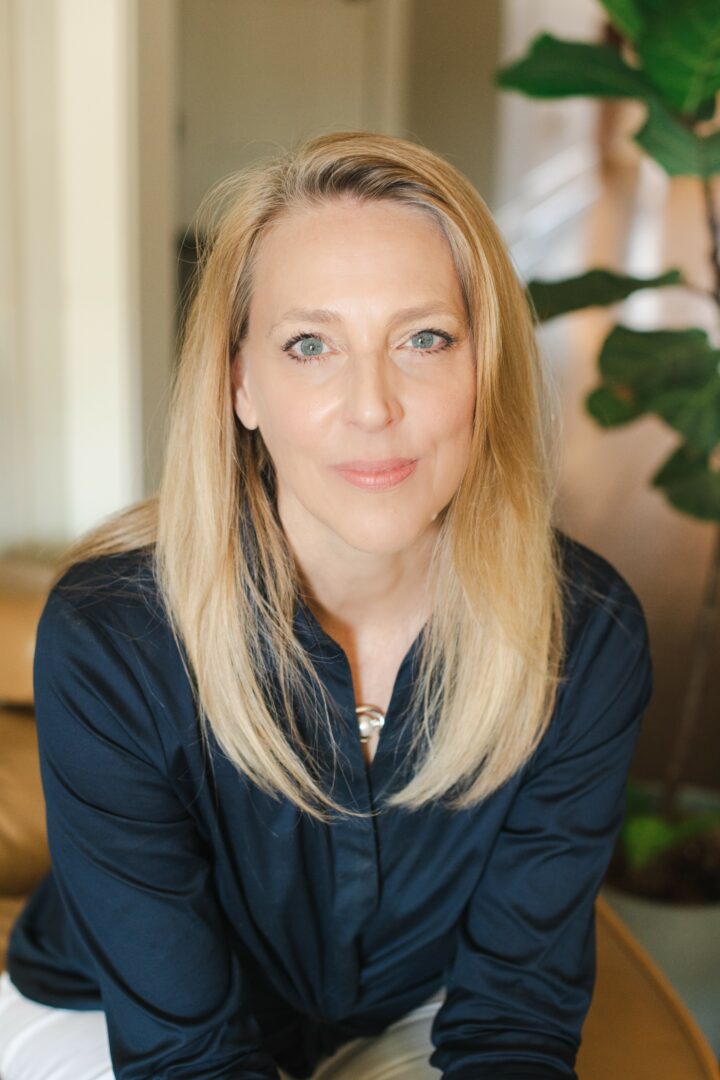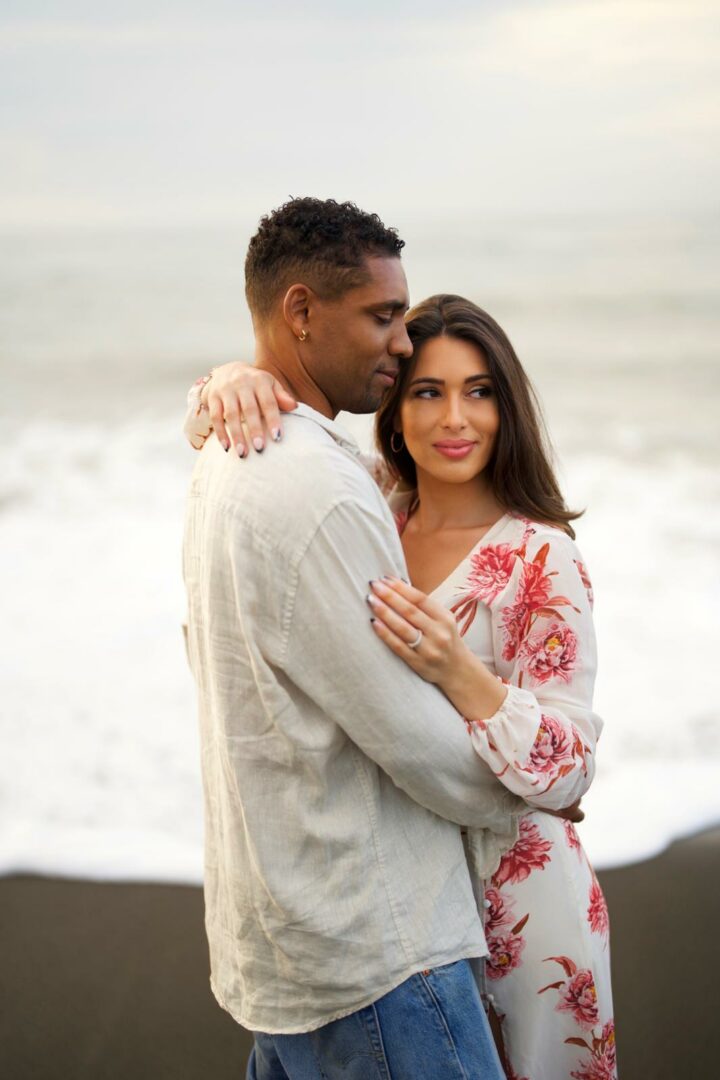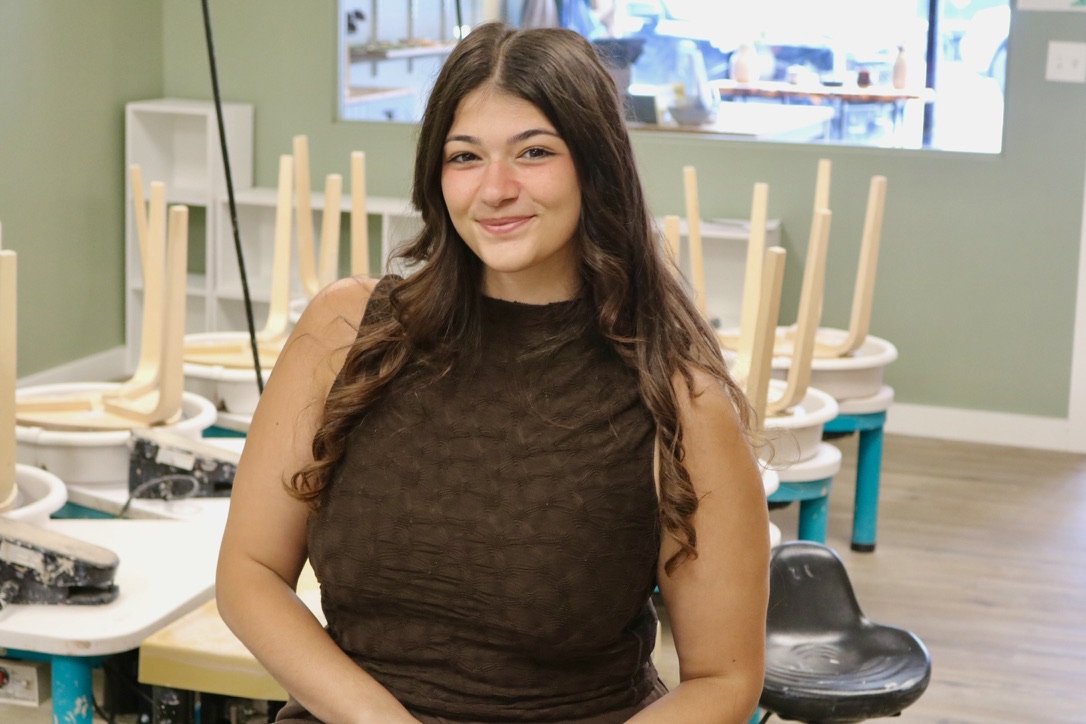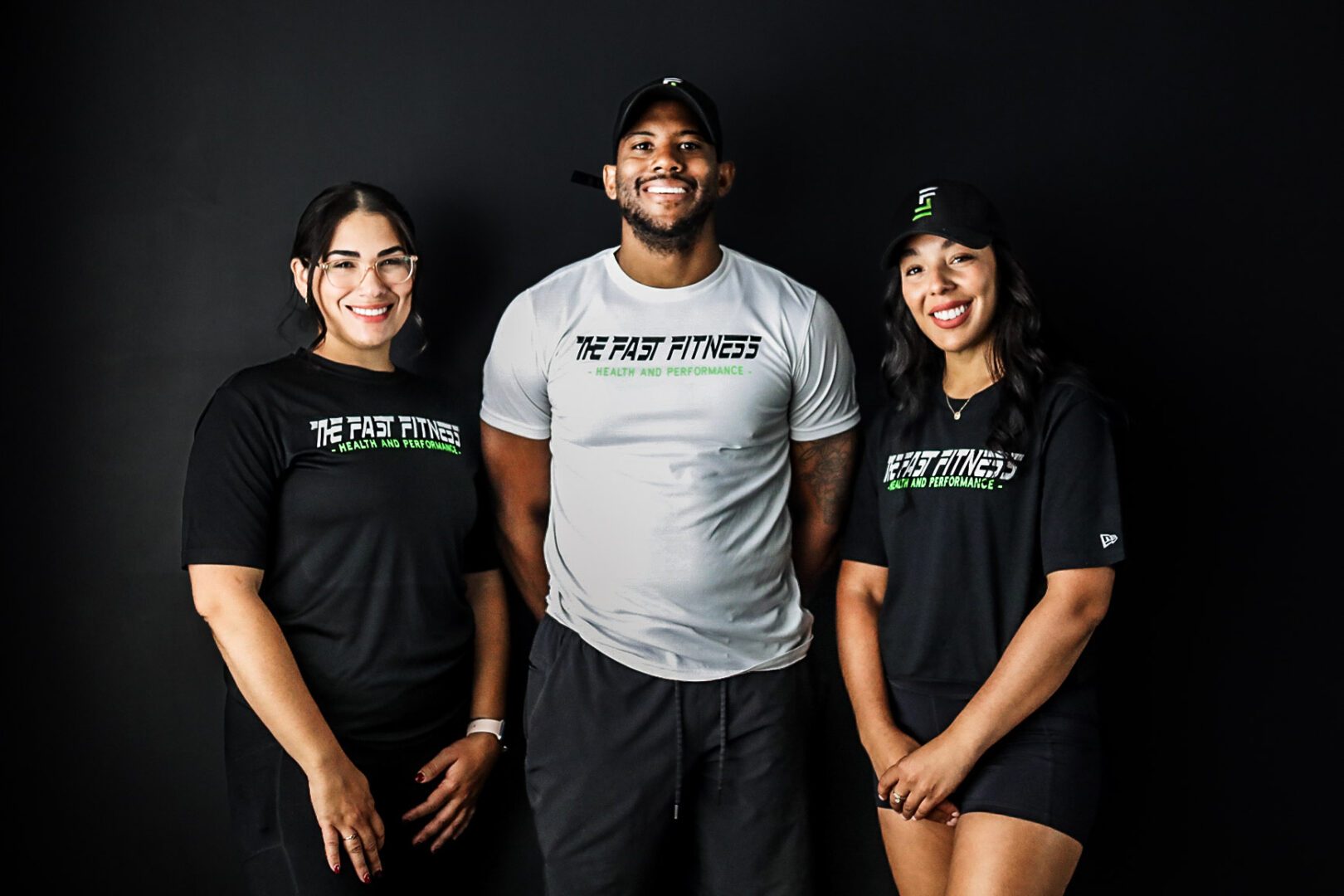We recently connected with Noelle Mcward Aquino and have shared our conversation below.
Noelle, first a big thank you for taking the time to share your thoughts and insights with us today. I’m sure many of our readers will benefit from your wisdom, and one of the areas where we think your insight might be most helpful is related to imposter syndrome. Imposter syndrome is holding so many people back from reaching their true and highest potential and so we’d love to hear about your journey and how you overcame imposter syndrome.
Overcoming imposter syndrome is an ongoing process, because it can appear anytime we step onto a bigger stage, or into a bigger or more visible version of ourselves.
I have encountered imposter syndrome at various points in my journey to becoming an author and all that comes with that. The book, Anxiety Unpacked: Discover Your Type and Recover Your Peace, is based on a model for understanding and treating anxiety I had developed in my work as a therapist, and have taught to fellow therapists on a local level. The purpose behind my writing the book is my experience as the mother to a 23 year old son who has lived with anxiety and obsessive compulsive disorder for most of his life and witnessing firsthand the pain and challenge that comes with living with an anxiety disorder. While the purpose and mission is very meaningful to me, my innate fear of or discomfort with visibility has been an obstacle I have had to overcome time and time again. I think of this fear as being a close cousin to imposter syndrome.
A few months ago, after the book was at the publisher, I attended a large, national professional conference. While there, I had the opportunity to meet with a presenter at the conference who has a major platform and audience, has personal relationships with many influential people in our field, and who is very well read in the area of psychology and therapy. When I told him I had written a book and had just submitted the manuscript to the publisher, he asked if he could endorse it. This was an incredibly generous offer. And it sent me into a complete panic. I gratefully accepted his offer, and simultaneously realized that in doing so, he would read my book. I was absolutely panicked. What if it’s no good? What if I embarrass myself? I had never considered that someone with his reach or influence would read the book and rather than feeling excited, I felt major imposter syndrome.
This feeling of panic lasted for at least a couple of weeks. It propelled me to make edits to the book with the goal of fine tuning and improving it. In hindsight, I think this was positive and useful anxitety because it made me take my work more seriously and look at it through a more appropriately critical eye.
But the real work was the emotional work I did to allow for the feelings to be there, to recognize them for what they were – both imposter syndrom and fear of visibility – and to keep moving forward even though I felt scared and uncomfortable. I approached the feelings with an understanding of what they were, and to discern between what was false panic and what wisdom might exist within the feelings. The wisdom of my reaction did lead to an appropriate assessment to strengthen parts of the book. The false panic was tolerated, until it subsided. And subsequently, when I made it to the other side of those feelings, I was now standing in a bigger idea of what might be possible with my book in terms of audience reach. From this expanded idea, I reached out to other people I had considered as possible endorsers, but who also felt “too big” or “too important”. And though I did still feel anxious reaching out to them, all agreed to be endorsers.
The key takeaway, which is something I highlight in my book, is that you can—and must—face your anxiety to move beyond it. Anytime you feel imposter syndrome, it’s really an invitation to grow into a bigger version of yourself or expand your comfort zone. When you take that leap, even if things don’t go as planned, there will always be an opportunity for growth and learning.

Thanks for sharing that. So, before we get any further into our conversation, can you tell our readers a bit about yourself and what you’re working on?
I am a psychotherapist and group practice owner in Chicago, IL. I have been practicing for more than 31 years and specialize in treating anxiety disorders and working with couples. I am a continuing education provider to Illinois mental health professionals, both as a trainer myself and by sponsoring other speakers to provide continuing education programs through my practice’s training center.
I have been fortunate to have many opportunities to step into new roles and develop new areas of expertise throughout the course of my career. I have found that saying yes when opportunities are offered, and connecting with others either through consultation or mentorship has led to opportunities and growth I never would have imagined for myself. I have benefitted greatly from the guidance and advice of those who have gone before me, from the support of others who are “in it’ with me and I always look for opportunities to respond in kind and pay that generoisty forward.
The thing I am most excited for right now is the publication of my book and opportunities to speak to audiences who will benefit from learning a new way of understanding their anxiety and what to do about it. I have long been a teacher to therapists, both at the graduate school level and as a continuing education provider and aspire to have opportunities to reach a larger therapist audience in the hopes of empowering them in their work with clients with anxiety. I have started speaking to non-therapist audiences as well about anxiety and have felt grateful and touched when they share how it has helped them in their lives and with their struggles with anxiety. I feel deeply motivated to help ease the suffering caused by anxiety, witnessing firsthand through my son the impact anxiety has had on his life.

There is so much advice out there about all the different skills and qualities folks need to develop in order to succeed in today’s highly competitive environment and often it can feel overwhelming. So, if we had to break it down to just the three that matter most, which three skills or qualities would you focus on?
For better or worse, I’m the kind of person who jumps into opportunities without needing to have all the answers upfront. I trust myself to figure things out along the way—and I always do. This mindset works for me because I don’t let uncertainty or fear hold me back.
I believe strongly in the power of connection. Everything I have achieved has been in part thanks to connection with or support from someone else; whether that be an individual or a community. Almost anything we do can be done better in community than alone.
Curiosity is an essential trait for growth. Whether that is intrapersonal or interpersonal growth, being curious about yourself, others and the world leads to expanded insights and expanded knowledge.
My advice for those who are early in their journey is to be curious, seek connection and community with others, and be motivated or pulled by your values and authentic desires. And to say yes to opportunities or connections that align with your values and authentic wishes, even if you feel scared.
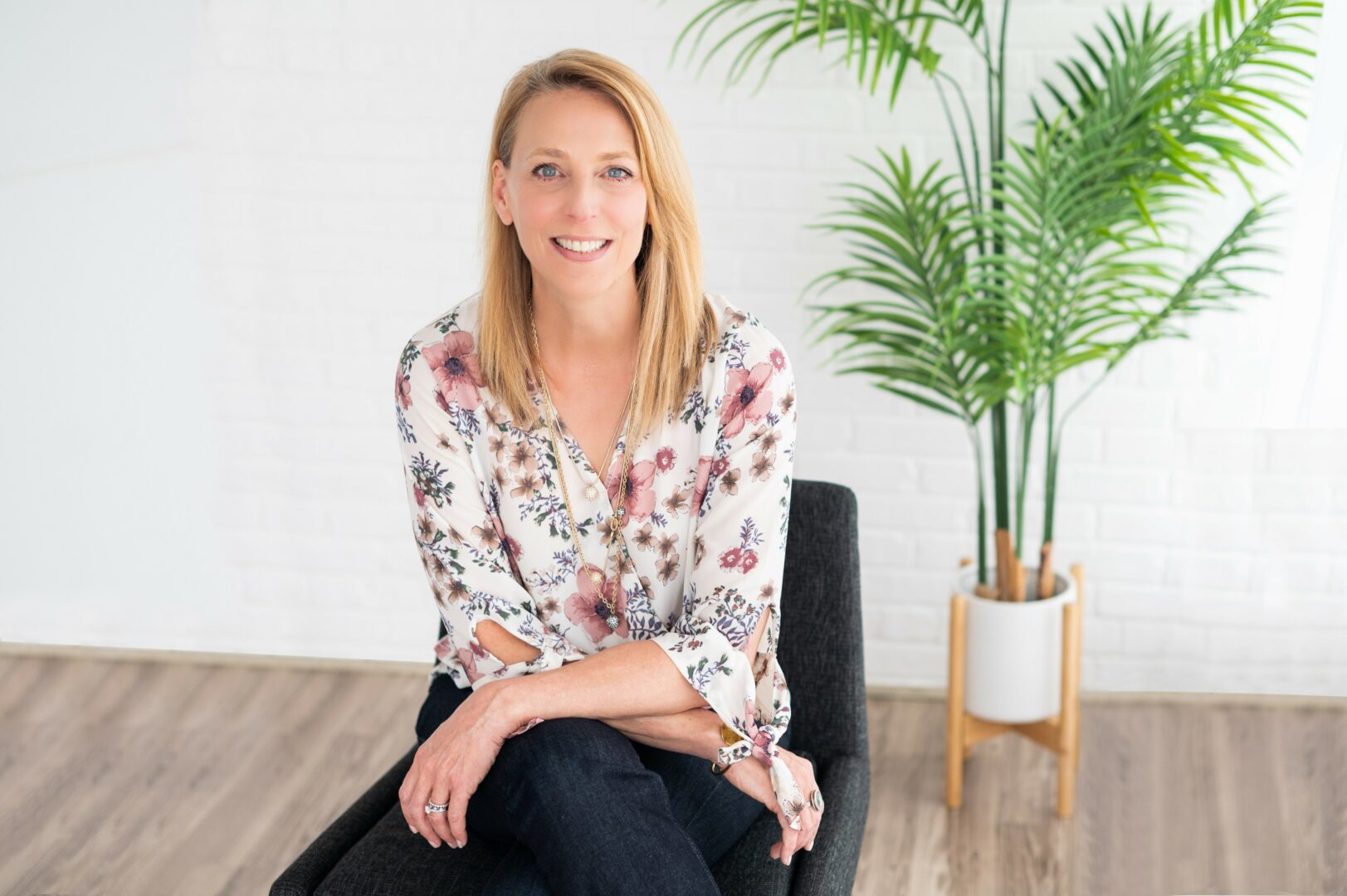
Alright, so before we go we want to ask you to take a moment to reflect and share what you think you would do if you somehow knew you only had a decade of life left?
My son and his experiences with anxiety were a primary motivator for writing Anxiety Unpacked. With his permission, I included some of his stories in the book, and concluded the book with an interview with him discussing his experiences and thoughts as a person who has lived with anxiety. At the same time that things were moving forward with the publisher, and they were sharing their vision for the book which was bigger than any I had imagined myself, my son received traumatic medical news – nothing life threatening, but life altering. This was devastating for him, and for me by extension. I found myself questionning if I could put into action what I had written about because my anxiety and fears about his future and his ability to cope were present and at times overwhelming. I questionned moving forward with publishing the book and had a conversation with him to ask if he was still comfortable with my doing so (he was).
I had to practice what I preached about coping with adversitya; djust and course correct when I got it wrong or made mistakes; and ultimately trust in my and his ability to be okay (the ultimate antidote to anxiety). We are still in it, but we are in a far better place now than where we started and I am hopeful for the future.
Contact Info:
- Website: https://www.noellemcwardaquino.com
- Instagram: @noellemcwardaquino
- Linkedin: https://www.linkedin.com/in/noelle-mcward-192473b/



Image Credits
Hannah Duncan
Lisa Kay
shutterstock
so if you or someone you know deserves recognition please let us know here.

